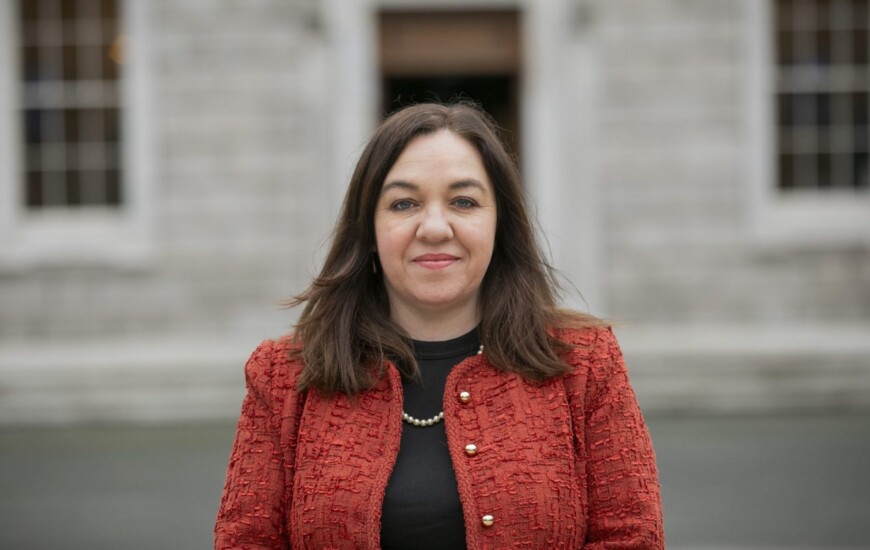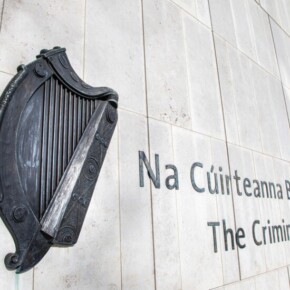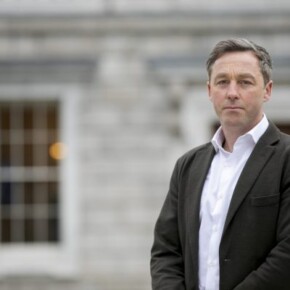Teacher crisis hitting Ireland’s most vulnerable pupils
Padraig Conlon 03 Nov 2025
Children with additional needs, pupils in DEIS schools and those learning through Irish are being hit hardest by a deepening teacher shortage that a Social Democrats spokesperson has branded “a crisis years in the making”.
Social Democrats education spokesperson Jen Cummins said new figures from the Irish National Teachers’ Organisation (INTO) showed “a stark and worsening picture” of school vacancies across the country.
The INTO survey found that over half of special schools, 43 per cent of Irish-medium schools and 35 per cent of DEIS Band 2 schools are operating with term-long teacher shortages.
It also reported 24 special schools with long-term substitute vacancies and 150 unfilled part-time hours.
Dublin South-Central TD Cummins described the findings as “nothing short of alarming” and said Government claims about teacher supply “no longer stand up to scrutiny”.
“In February I asked the Minister for Education what workforce planning was in place to ensure that posts in special education were filled, and how many remained unfilled,” she said. “The response I received was inadequate.
“In June, I again asked the Minister to provide detailed plans for forward planning to fill posts. The Department’s response was just a stock answer, and I received the same response to a similar question in September. This is a clear lack of vision from the Department, and we continue to see no credible strategy.”
She said the survey exposed a deep divide between official Department data and the reality on the ground.
“In March, Department payroll figures claimed only 3.1 per cent of primary-level posts were unfilled, yet school-level reports show widespread vacancies,” she said.
“That gap is simply unacceptable and undermines the right of every child to be taught by a qualified teacher in a fully resourced setting.”
Cummins has called on the Minister for Education to publish detailed figures showing how many full-time and part-time teaching posts remain vacant in special schools, special classes in mainstream schools, Irish-medium schools and DEIS settings, broken down by region and school type.
She also urged the Department to set a clear timeline for filling those posts and to introduce a comprehensive incentive plan to attract and retain qualified teachers in the most challenging environments.
“The Government must ensure that current teachers receive structured, accredited professional development in special-educational needs and Irish-medium education,” she said. “We cannot just cover posts temporarily — we must ensure expertise and continuity.”
Cummins said the findings of the INTO survey should be treated as a warning sign for the State’s education system.
“This crisis didn’t happen overnight,” she said. “It has been building for years, and it is children in disadvantaged settings and with additional needs who are paying the price.”











